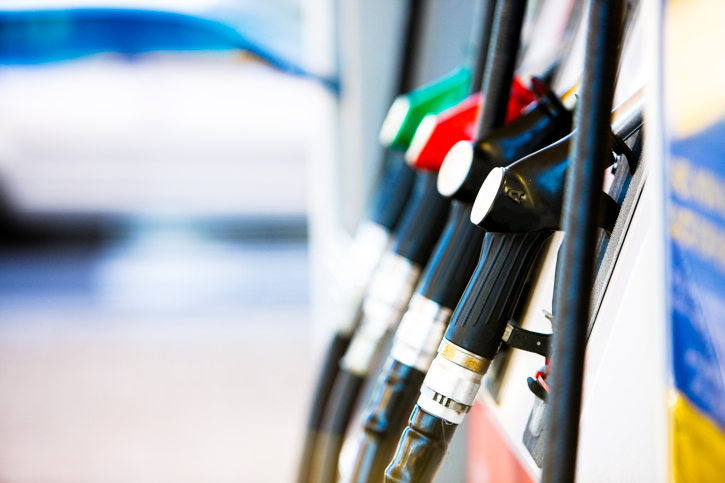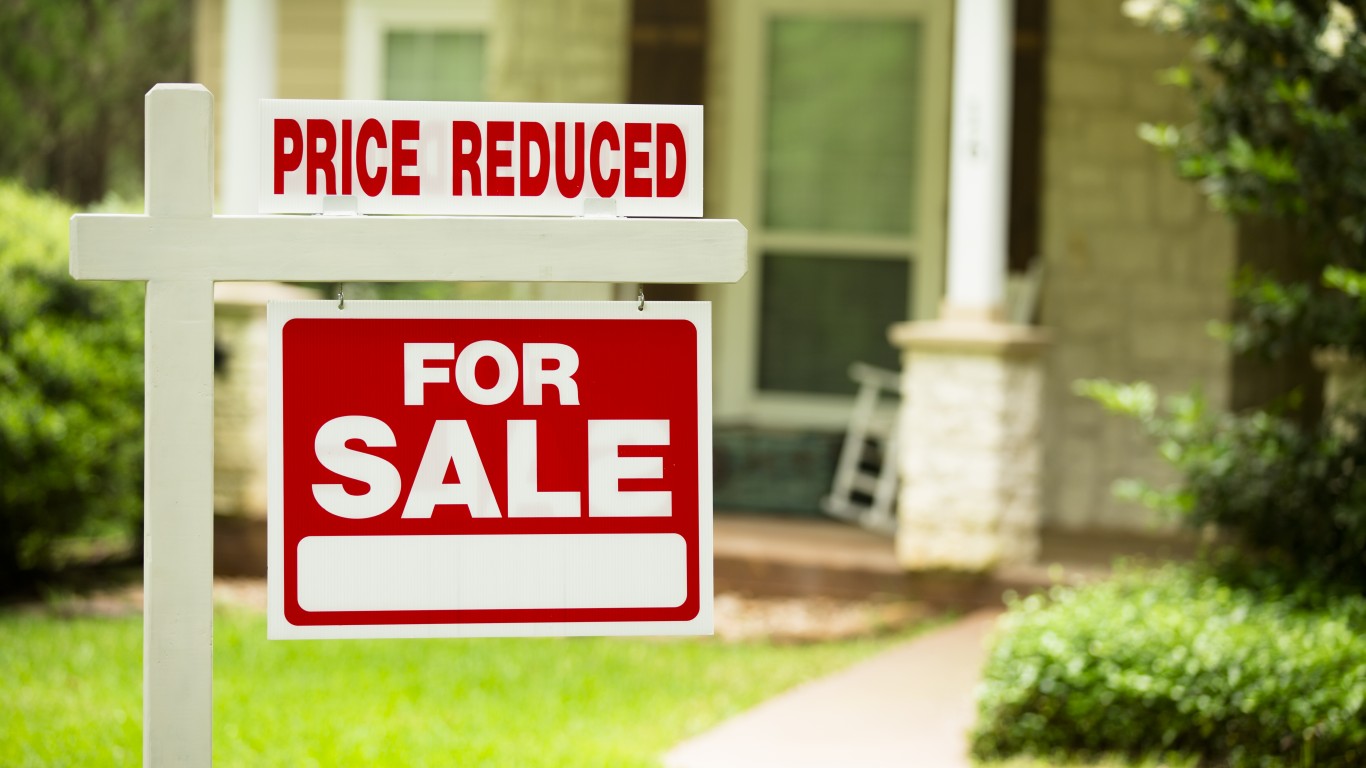
New car sales totaled 14.5 million in 2012 and are on track for a total of around 15.8 million for this year. And while not every one of those new cars and light trucks will result in the scrapping of an older, less fuel-efficient vehicle, enough will to further reduce U.S. gasoline consumption.
In 2011, U.S. consumption fell by 240,000 barrels a day compared with 2010 consumption, but that was due mainly to the high cost of gasoline that resulted from the turmoil in Libya, according to the U.S. Energy Information Administration (EIA).

Based on economic data for the first half of the year, the EIA’s model predicts that U.S. drivers actually will consume about 1% more gasoline in 2013 than they did last year. But the average fuel efficiency of the U.S. auto fleet rose by 1.9% in the first half of this year. Fuel efficient vehicles more than cover the effects of an improving U.S. economy on miles driven.
The EIA also noted that U.S. crude oil production last week hit a 24-year high of 7.261 million barrels a day. That is 39% above crude production in the same week a year ago, during which a hurricane threat caused shutdowns in Gulf of Mexico wells. Even adjusting for the shutdowns, however, U.S. crude production rose 22% last week.
Credit Card Companies Are Doing Something Nuts
Credit card companies are at war. The biggest issuers are handing out free rewards and benefits to win the best customers.
It’s possible to find cards paying unlimited 1.5%, 2%, and even more today. That’s free money for qualified borrowers, and the type of thing that would be crazy to pass up. Those rewards can add up to thousands of dollars every year in free money, and include other benefits as well.
We’ve assembled some of the best credit cards for users today. Don’t miss these offers because they won’t be this good forever.
Flywheel Publishing has partnered with CardRatings for our coverage of credit card products. Flywheel Publishing and CardRatings may receive a commission from card issuers.
Thank you for reading! Have some feedback for us?
Contact the 24/7 Wall St. editorial team.



